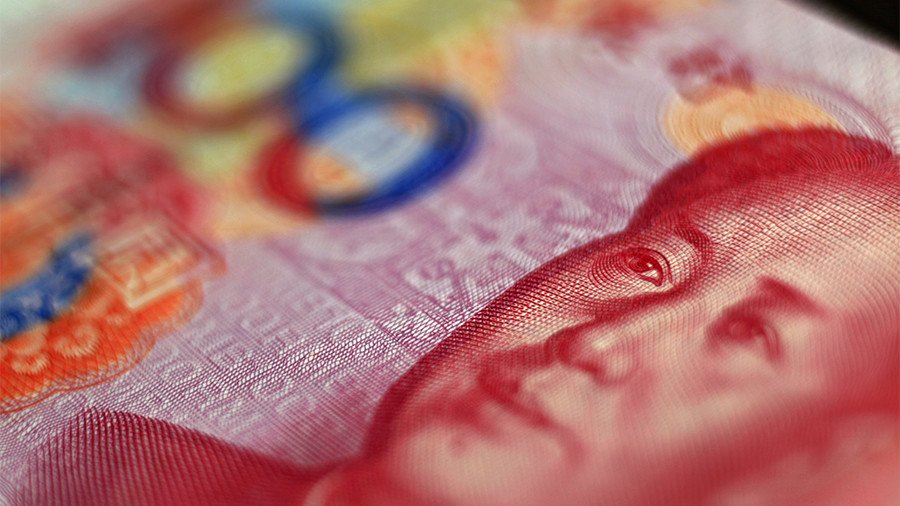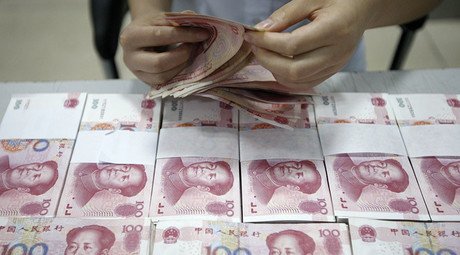China eases capital controls as cash outflow fears subside

Regulators in China have allowed global asset managers including JPMorgan Chase to raise funds from Chinese onshore clients for investment in offshore hedge funds.
The move comes after a two-year tightening on cross-border capital flows. It is explained by the strengthening Chinese economy and persistent US dollar weakness.
People familiar with the situation told the Financial Times that JPMorgan Asset Management has received a new quota for the program, while several other asset managers are expecting similar allotments.
'Enormous black hole of funds': Beijing cracks down on ‘ant moving’ underground banks https://t.co/L2oKgnjiGY
— RT (@RT_com) March 1, 2017
JPMorgan received a $50 million quota in January, according to the sources. They added that BNP Paribas Asset Management is also expecting approval for a quota from the State Administration of Foreign Exchange.
China’s outbound investment program was launched in 2013 but was informally halted three years later as the country’s foreign exchange regulators became concerned about capital flight and the renminbi depreciation.
Chinese nationals have been moving their money offshore over fears of a weakening economy and with confidence that investments were safer outside the country.
The controls on capital flight remained tight throughout 2017. Global asset managers such as Alliance, Aberdeen Standard Investments, BNP Paribas Asset Management and Och-Ziff have been waiting for news on the restart of the program.
Petro-yuan helps Russia & China dump US dollar in oil trade https://t.co/4hySSMmfpLpic.twitter.com/J8uPIIB60u
— RT (@RT_com) March 28, 2018
By the end of June last year, $90 billion in quotas had been awarded to the 132 institutions that participate in a separate offshore investment program. It allows Chinese and locally incorporated foreign asset managers to sell overseas invested mutual funds to local investors. The program was considered an important step in the opening of China’s capital account because it allowed wealthier Chinese investors to invest in foreign-focused hedge funds and private equity funds.
For more stories on economy & finance visit RT's business section














